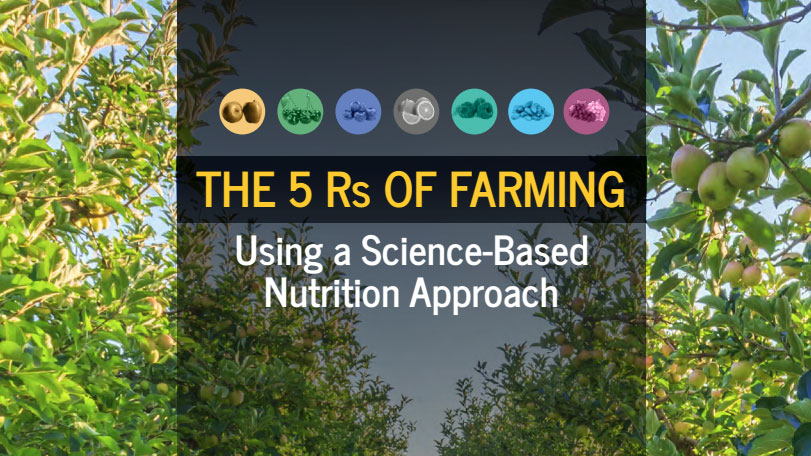National Organic Program Speaks Out on Enforcing Standards
We reached out to USDA spokespeople for an official response to the multitude of assertions made throughout our October 2019 American Vegetable Grower cover story article regarding USDA’s National Organic Program and issues in enforcing organic standards on imported produce.
The following remarks are being reprinted in their entirety, and can be attributed to a USDA official spokesperson:
“Protecting the integrity of the USDA organic seal is the top priority of the National Organic Program (NOP). To support the standards, NOP works to ensure strong organic control systems, world-wide farm-to-market traceability, robust enforcement and community engagement. NOP is responding to emerging challenges created by increasingly complex supply chains through an ongoing series of actions targeted to address the risk of fraudulent imports, protect consumers, and ensure a level playing field for organic farmers, ranchers and handlers.
Strengthened enforcement authority provided in the 2018 Farm Bill has already helped NOP speed up enforcement actions. The program provides regular updates on enforcement actions like settlements, civil penalties, and suspensions on its website. NOP is working on the Strengthening Organic Enforcement (SOE) proposed rule to address other Farm Bill provisions that require formal rulemaking. NOP’s recent Organic Oversight and Enforcement Update includes more details on SOE and the growing partnerships with other federal enforcement agencies like U.S. Customs and Border Protection, USDA’s Animal Plant Health Inspection Service and the USDA Office of the Inspector General, among others.
NOP is investing heavily to improve oversight of the complex supply chains around the world. The program is also focusing on farm-level activities in high volume regions with multiple risk factors. NOP continues to increase training for certifiers to make sure they are equipped to use new analytical tools for researching regional yield data to evaluate farm-level records against a range of open-source data as a normal part of organic certification.
NOP’s heightened oversight and enforcement actions in the Black Sea region have had a significant impact. More than 60 percent of certified operations (over 180) in the Black Sea region have lost or surrendered their organic certification over the last two years. In 2016, imports from the Black Sea region represented about 50 percent of the dollar value of corn and soybeans; in 2018, imports from the region had dropped to just over 20 percent of that total dollar value for the same commodities. NOP staff also monitor trade data for a range of factors such as spikes in exports from other regions, that could trigger increased scrutiny.
Other improvements already under way to strengthen organic enforcement include development of additional training resources focused on oversight of complex domestic operations; traceback and mass balance audits; and research into risk-based certification models for accreditation and certifier oversight.”









